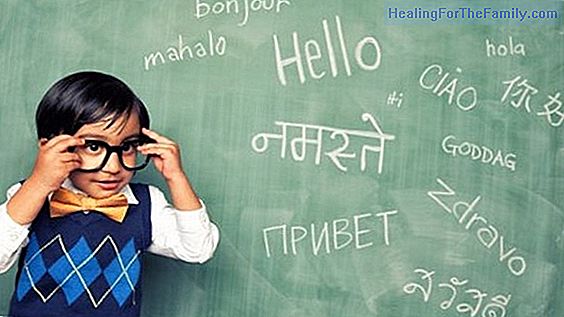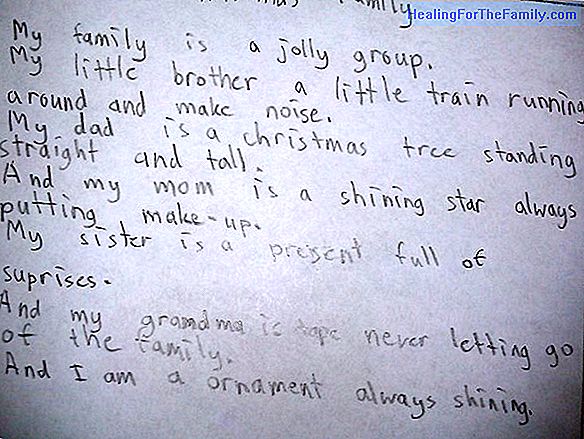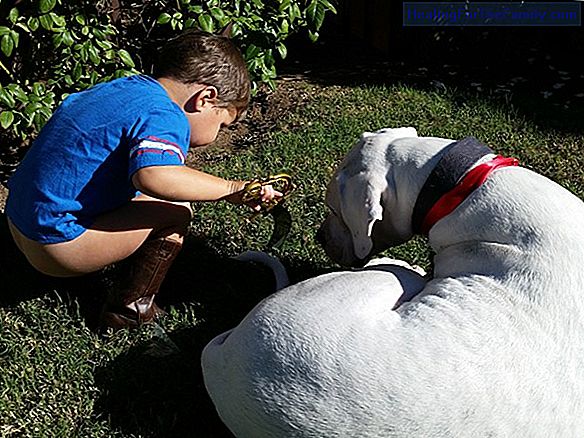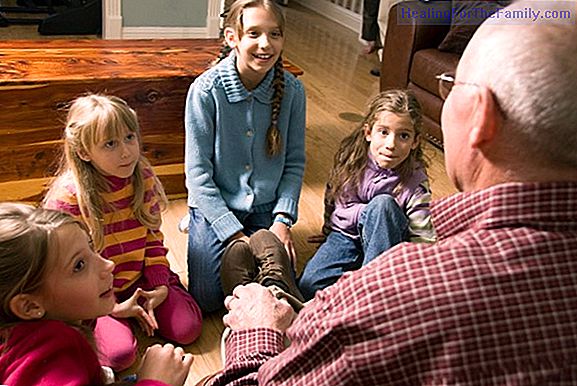Children face cyberbullying, sexting and gromming
Access to new technologies for children occurs every time at younger ages and it is no longer strange to see children between 10 and 12 years old using the computer with very easy, talking with smartphone and children of about 7-8 years with tablets or ipod. Sometimes, although we are the parents wh
Access to new technologies for children occurs every time at younger ages and it is no longer strange to see children between 10 and 12 years old using the computer with very easy, talking with smartphone and children of about 7-8 years with tablets or ipod.
Sometimes, although we are the parents who have put this technology in their hands, we do not know how to use it or, at least, we do not reach their level of knowledge, because as someone told me the other day, it seems that they are born knowing.
The dangers of social networks on the Internet for children

However, in their innocence, children are often unaware of the dangers of giving personal information through chat, email or social networks. It is clear that if we tell them never to write the name of their school, the address of the house, the place where they perform their extracurricular activities, the children surely will not do it knowingly, but there are many ways to ask them so that they end up writing in an innocent way
That's how my hairs got like escarpies when I attended the first talk at the school about how the bullies were looking for the children's turns through social networks to establish with them conversations and friendship relationships with false identity, in regarding sex, age and personality, and deceptions of all kinds. Not talking to strangers is a teaching that is valid for all orders of life not only for real life, but also for cyberlife. However, if for example parents do not know how to disconnect the geolocator from smartphones, every time our child speaks through chat with a friend, someone will know where they are at that moment.
And the terminology is also opening an interesting debate. When we talk about real life to refer to physical life and distinguish it from contacts on the Internet and social networks, we are giving rise to confusing children, who integrate both lives in their real life. For this reason, it is now appropriate to refer to physical life and leave the term real life to encompass the general character of one's personal existence.
Among the dangers that children face on the Internet, it is worthwhile to discard, that not only are they exposed to the evils of strangers, but they can also get hurt themselves. Thus, for example, cyberbullyingor harassment among minors that on the Internet because of its global nature draws attention, is a scope that can end up generating a lot of damage not only to the child but to his family and friends. Another system with which they can hurt each other issextingor exchange of photographs or videos with erotic content among the young people themselves, with which they then go on to extort themselves causing important psychological damage. Outside the boundaries of friends,groomingis another practice through which an adult gains the trust of a child with a sexual purpose.
Avoidance strategies to fall and be a victim of any of these practices basically depends on the information that parents and children manage when surfing the web and establishing relationships with other people. Prudence is the priority when it comes to providing children with an education to move around the Internet, always applying common sense. And of course, even though we think it is important to establish filters or parental controls in the home computer, we should not forget as parents that communication with our children is the most important, since through dialogue we can protect them more. If they do not tell you or access from another point to what they consider "prohibited pages", as the saying goes, the remedy may be worse than the disease.
Marisol New. Editor of Guiainfantil.com












